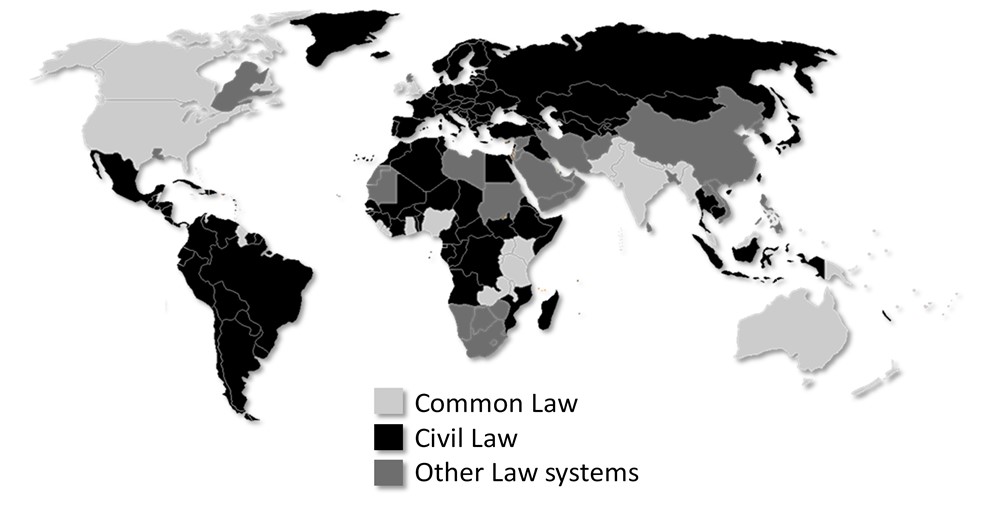LETTER TO THE EDITOR
1 November 2019
Response to the article: “ARE SMART CONTRACTS THE FUTURE OF CONTRACTS?” in PM World Journal of Oct. 2019, with references to the Max Wideman glossary and the Rule of Law Institute of Australia
Hi David,
The author, Swati Dangi, introduces his otherwise fine article with definitions of what constitutes a contract:
- “A contract is generally defined as ‘An agreement between two or more persons, which created an obligation to do a particular thing. Its essentials are competent parties, subject matter, legal consideration, mutuality of agreement, and mutuality of obligation.’”
- “A contract is a binding agreement between two or more parties. It has several legal elements, such as an offer made by one party; acceptance of the offer by another party; intention to create a legal relationship by the parties; and consideration for the offer. An agreement can be formed in writing, through a discussion by parties (oral), or it can be implied.”
The first definition references to Max Wideman, an accomplished and esteemed colleague, born in the United Kingdom and living in Canada. The second is taken from a publication of the Rule of Law Institute of Australia.
As the statements serve as definitions, corrections are appropriate if the definitions are wrong or not universally applicable. The latter is the case here.
There are two major groups of legal systems in use around the world, Common Law and Civil Law. Common Law, also referred to as Anglo-American Law, is much older. However, Civil Law, based on the works of Charles-Louis de Secondat, Baron de La Brède et de Montesquieu (), is more widely distributed. There is a number of other law systems in use, such as Islamic Law and Party Law, however the focus will here be on the two largest systems.
Common Law is mostly characterized by the existence of a Civil Code and of universal separation of powers. Common Law countries generally don’t have a universal Civil Code and therefore need to rely on jurisprudence, case law.
The definitions of contracts above are from Common Law countries, UK, Canada, Australia. The author, Swati Dangi, is from India, another Common Law country.
However, in Civil Law countries, such as France, Germany, Scandinavia, Italy, Japan, etc., the definition of a contract is much simpler: Offer and acceptance as two identical declarations of will in words or actions under high autonomy. “…intention to create a legal relationship by the parties; and consideration…” bear generally no relevance here, but “good faith” comes in as a legal and mutual obligation that is unknown in Common Law jurisdictions, because it is outside the four corners of the contract.

Civil Law is not too exotic to be mentioned. As the map shows, it is in use in many countries.
We need to be careful to apply definitions that work in one country, in another one without checking first. This should have been easy for the author: she affiliates herself with the SKEMA Business School in France, where she is also living. France is the home country of Civil Law.
PS: I describe these differences in detail in my book “Project Business Management”. The map is taken from the book.
Mit freundlichen Grüßen – Kind regards
Oliver F. Lehmann, MSc, PMP, Project Management Trainer
PMI Southern Germany Chapter – Member of the Board
Web: www.oliverlehmann.com (en)
www.oliverlehmann-training.de (de)









